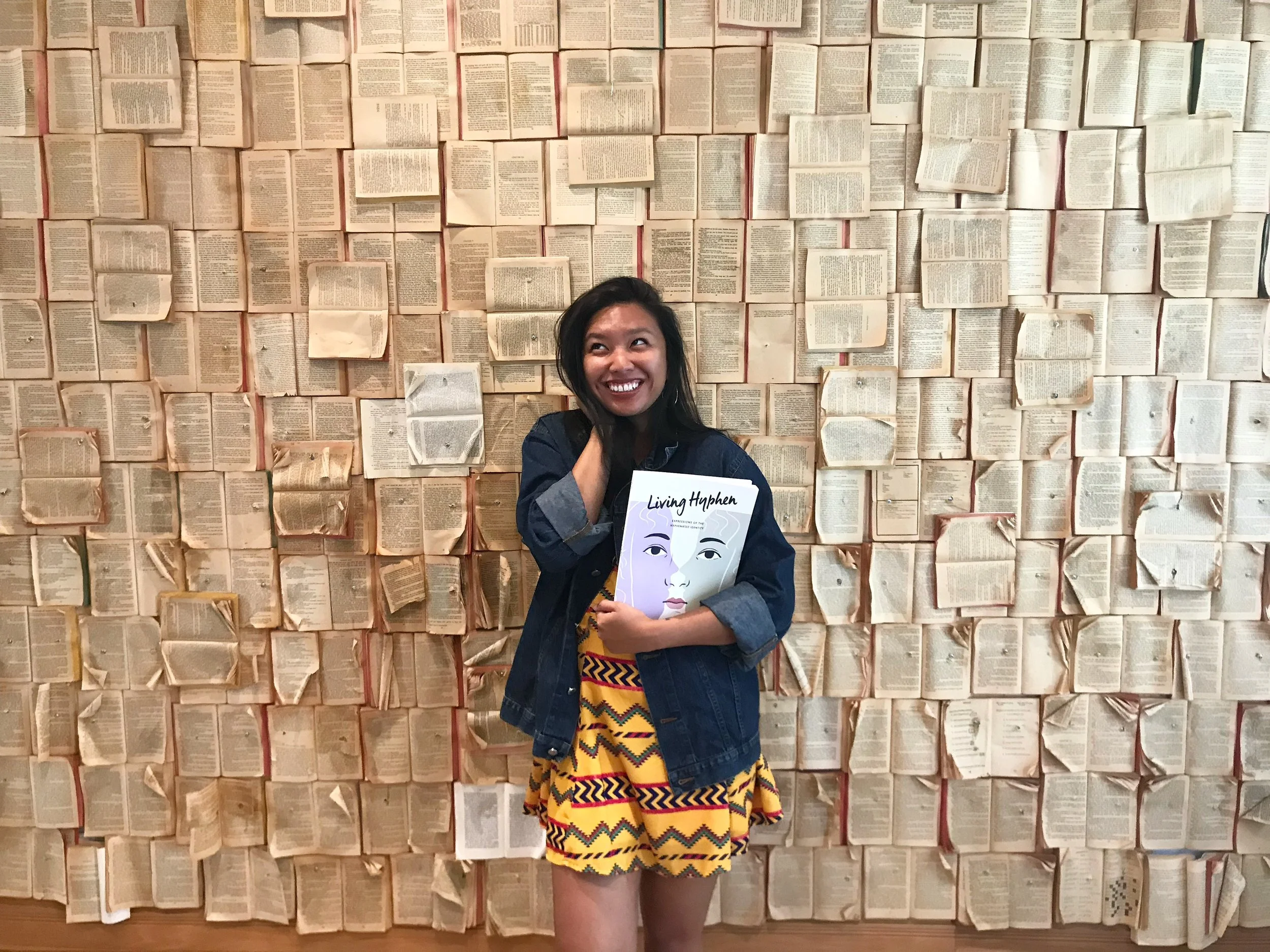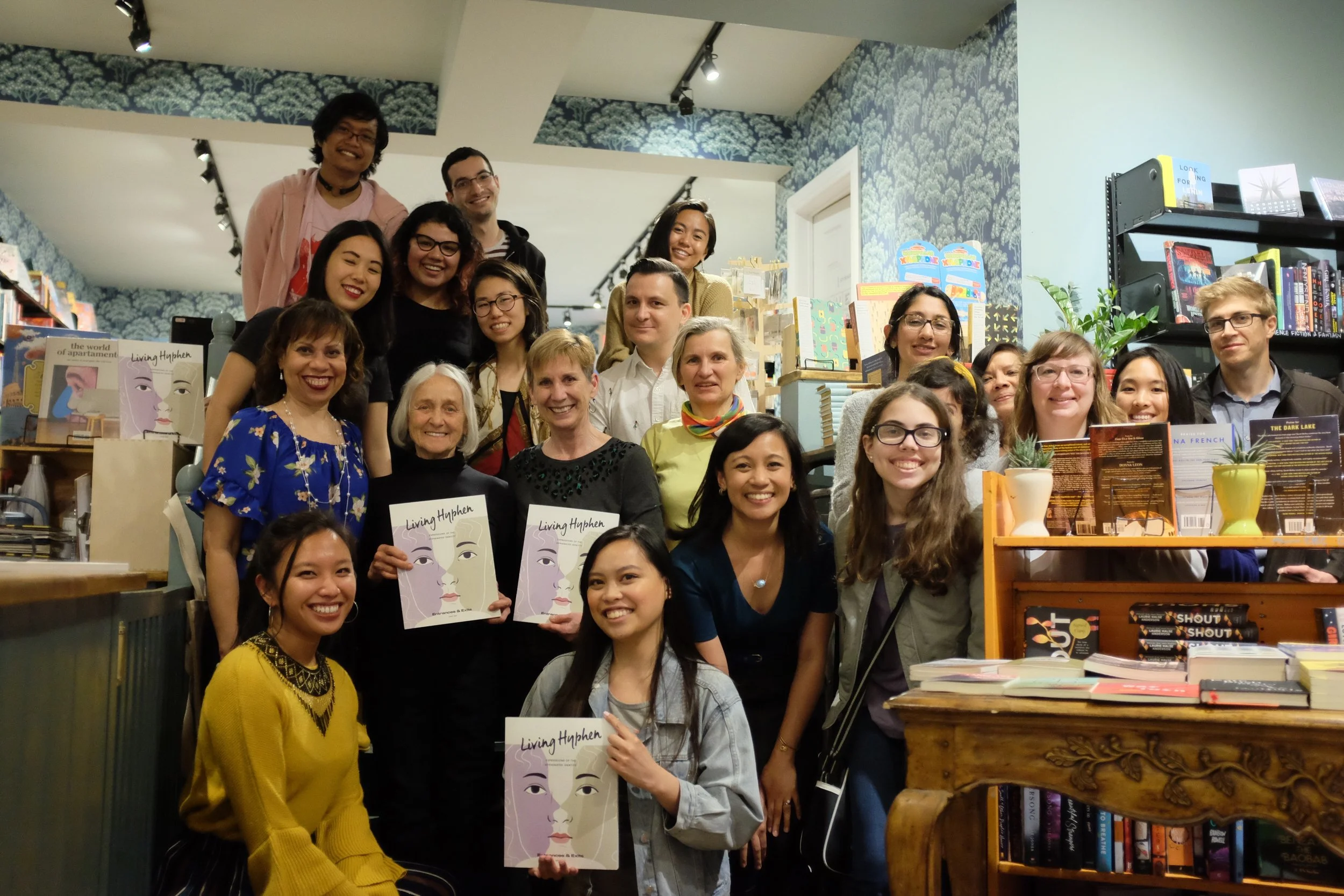![Reflections on Being Canadian: A Rough Draft, Probably A Lifelong Work-In-Progress]()
As I dig deeper into my identity, my ancestry, my roots, my adopted homeland, and this complicated world we live in, I am also becoming much more critical and yes, “woke”, than I have ever been.
I am coming to grips with my role and responsibility as an immigrant settler on Turtle Island — as someone who has benefitted and continues to benefit from colonial violence on this land.
I am coming to grips with my own privilege as a middle-class Filipina-Canadian whose parents entered this country through the Skilled Worker program with familial support already in place here for years — and who therefore had numerous advantages ahead of so many newcomers in this country (an apartment, a steady household income, a solid support system — just to name a few.)
I am coming to grips with how this country has been good to me and my family, but has not been so good to so many others in my own community, and to all other marginalized communities.
I am coming to grips with the systems of oppression, the inequality, the inequity, and the injustice that permeate so many levels and spaces of this country.





